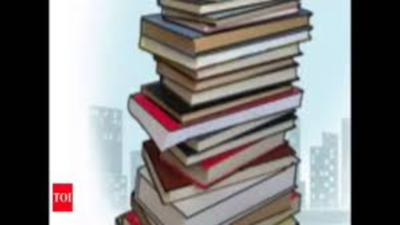
According to officials from Rajasthan’s State Council of Educational Research and Training (SCERT), the recall includes four textbooks from the state syllabus that discussed the Godhra incident, leading some political observers to speculate on whether the action was influenced by concerns about its potential to foster communal discord. Rajasthan Congress President Govind Singh Dotasra has openly criticized the decision, suggesting that the textbooks were an unnecessary and politically driven expense that could incite divisive sentiments. Dotasra has publicly demanded an inquiry from Chief Minister Bhajanlal Sharma into the content selection and procurement process of these books, highlighting what he claims is a need for transparency.
The inclusion of chapters related to the Godhra incident, particularly details that interpret the causes, legal outcomes, and impact of the event, is a first for state educational materials. This step stirred controversy even before the recall, with critics claiming that such narratives could polarize young minds in a state that has seen various incidents of communal unrest. While some academics argue that discussing historical events like Godhra in schools can promote a comprehensive understanding of India’s socio-political challenges, opposition voices counter that selective portrayals could risk stoking communal tensions, particularly if narratives appear biased or lack nuance.
The SCERT defended its decision to recall the textbooks by highlighting what it called the “technical flaws” in the materials, without providing specifics about the errors. This vagueness has led to further scrutiny, with questions from Rajasthan’s opposition party members and educational reform advocates who argue that the recall lacks transparency. They have requested further clarification, calling for the educational body to address the process by which content in government-sanctioned textbooks is reviewed, approved, and introduced to students. The Bharatiya Janata Party (BJP), the main opposition, suggested that the government’s abrupt decision was politically motivated and may reflect pressures from various interest groups.
The political implications of the recall are not limited to Rajasthan alone, as debates over the representation of communal violence in education are rising across other states as well. Analysts observe that the government’s cautious approach toward controversial chapters may signal a broader hesitation among Indian states to delve into sensitive topics in school curricula without comprehensive public support or clear legislative backing.
